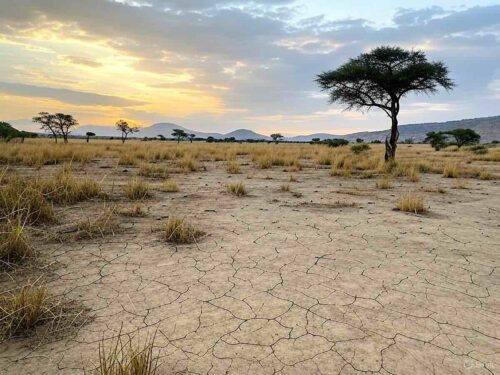by A. Watts, Oct 08, 2025 in WUWT
Second edition of Climate at a Glance, published by The Heartland Institute, provides public with Facts on 40 Climate Topics
First edition in 2022 was a #1 Amazon Best-seller in the categories of ‘Science for Kids, ‘Climatology,’ and ‘Environmental Science’
…
“For too long, climate discourse has been dominated by slogans and fear, while real science and sound policy have taken a back seat, but the data tell a far more complicated story. This book is not about denying that the climate changes—it always has and always will—but about questioning whether today’s costly, disruptive policies are grounded in evidence or in politics. By examining the data, the models, and the history of our ever-changing climate, this book cuts through the noise to show that climate change is not a one-way catastrophe but part of Earth’s natural variability. Instead of rushing into policies that wreck economies and livelihoods, we need honest science, open debate, and the courage to question a narrative that too often puts politics before facts.”
Anthony Watts
Senior Fellow for Environment and Climate
The Heartland Institute


